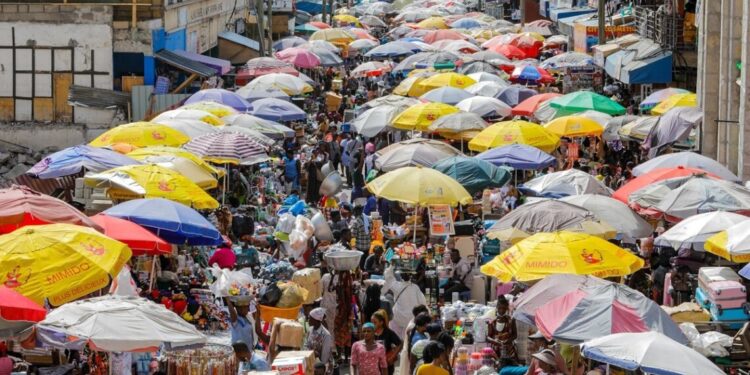Ghana’s consumer inflation rate has dropped to 20.9% year-on-year in July 2024, continuing a downward trend that has persisted for four consecutive months.
This decline represents a 2.1 percentage point decrease from June’s 23.0%, signaling a gradual reduction in the economic pressures that had intensified throughout 2023.
The overall cooling of inflation, which began in March when the rate was 25.8%, suggests a steady moderation in price growth.
Food inflation in July stood at 21.5%, while non-food inflation was slightly lower at 20.5%.
The inflation rate for imported items was recorded at 15.6%, significantly less than the 23.3% observed for locally produced goods.
This difference highlights the disparity between the inflationary pressures on domestic versus imported products, with locally produced goods facing more significant price increases.
Government Statistician, Professor Samuel Kobina Annim, attributed the decline in inflation to reductions in both food and non-food categories, emphasizing the broader economic impact of these decreases.
“The sustained drop in inflation has brought some relief to consumers and businesses alike,” he noted, pointing to the consistent easing of inflationary pressures over the past five months.

































